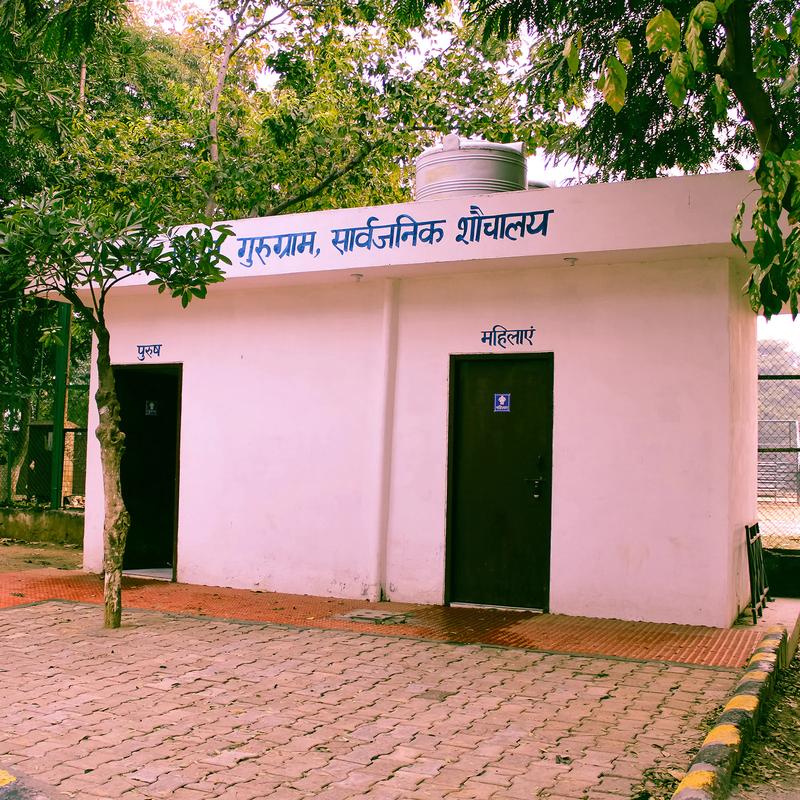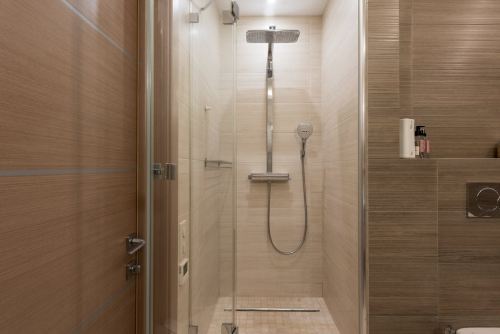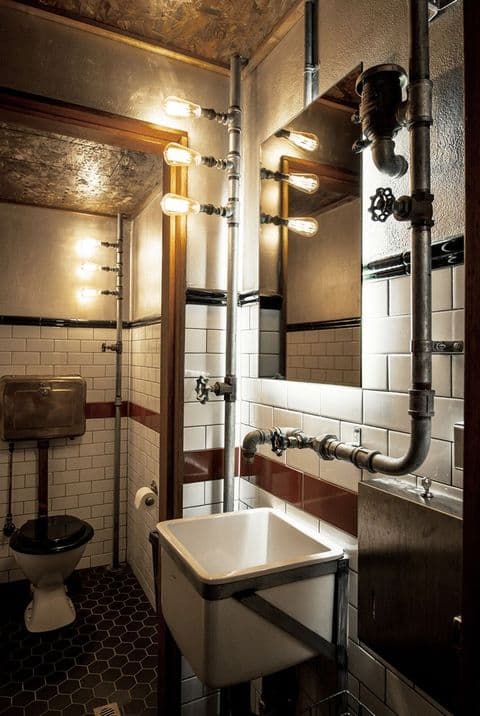Smart Toilets Could be the Gamechanger to Ensure Sanitation For All
Infectious diseases are a huge burden on the public health for any country. Over the years, though India has made significant progress in WASH (Water, Sanitation and Hygiene) practices, it’s still a big challenge to provide access to safe drinking water and sanitation facilities for all. The poor public sanitation in India, which has a direct impact on public health, is a major concern.
Lack of access to public toilets is a wide-spread problem across the country. The public toilet facilities, for both men and women, are dirty and unsafe. These are in poor shape due to a lack of standard hygiene and awareness about sanitation practices.
The government has declared 100% sanitation coverage in rural areas under the Swachh Bharat Mission 1. According to the government data, around 6 lakh villages across 699 districts were declared open defecation free as on October 2, 2019. Around 11 crore toilets were built in rural areas covering 60 crore people in five years till October 2019 since the launch of the Swachh Bharat Mission in 2014.
Despite all the progress made under Swachh Bharat Mission, there is a long way to go. The National Family Health Survey (NFHS-5, 2019-20) data showed that only 57% of rural households have toilet access. Only five states had 100% toilet access in rural areas, as per the NFHS data.
As the government is gearing up to ensure safe sanitation for all, both in urban and rural areas, smart toilets could bring a revolutionary change in public sanitation management. Equipped with technology and innovations the smart toilets can also address the issue of water wastage and toilet usage challenges.
Benefits of SMART Toilets
SMART toilets derive their nomenclature from being Safe and Sustainable, Maintainable, Affordable, Recyclable and Technically perfect.
Smart toilets can be the gamechanger. Open defecation practices can be prevented by promoting smart toilets which also enable users follow good hygiene habits such as washing hands and safe disposal of waste.

The use of smart toilets can also result in a significant reduction in water wastage. When compared to a regular toilet, the smart ones use only a little amount of water for every flush and floor mopping.
In some smart toilets, one can also take a bath and there is privacy for women to change sanitary napkins. A manual incinerator for the safe disposal of the sanitary napkins can also be installed inside the toilet.
Encouraging the use of smart toilets will result in long-lasting hygienic behavioural changes among the people that will lead to an overall improvement in living standards and public health.
Cost Effective solution
The smart toilets are much cheaper compared to public or community toilet facilities. In recent years, many startups have been working towards building intelligent toilets. They are working in collaboration with government bodies and non-governmental organisations. With the increase in number of players, the cost of smart toilets will come down. For example, a biotoilet developed by Arvind Dhete, an engineer from Maharashtra, only costs just Rs 6000. Similarly, the smart toilet provided by Gramalaya, an NGO, costs Rs 18000.
Gramalaya has already built over 60,000 smart toilets across the Southern states. Arvind Dhete’s Bharat Ek Kadam group has installed over 1 lakh biotoilets across the country.
Though it’s at the early stage, the interest of startups and the corporate sector in developing cost-effective sanitation solutions is a welcome sign. In coming years the smart toilets can help India in realising the objective of safe sanitation facilities for all.
Mission Paani, an initiative by News18 and Harpic India, advocates safe sanitation for all citizens in India. The campaign aims to amplify the efforts to ensure inclusive sanitation for all by creating awareness towards safe water, sanitation and hygiene.
You can be part of this revolution too and join the Mission Paani initiative.
Read all theLatest News,Breaking News andCoronavirus News here. Follow us onFacebook,Twitter andTelegram.



